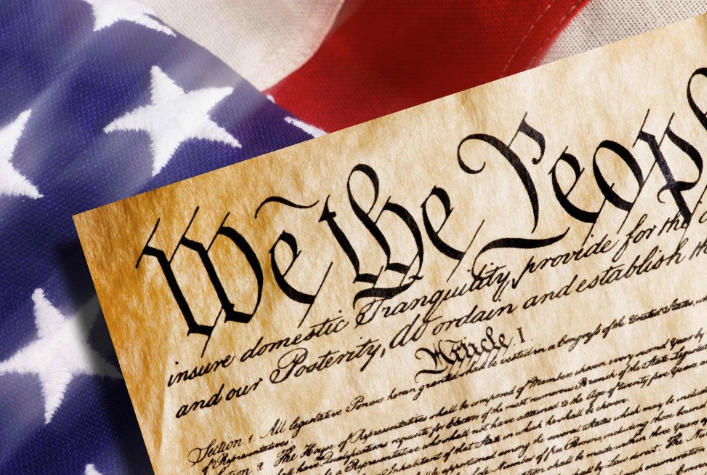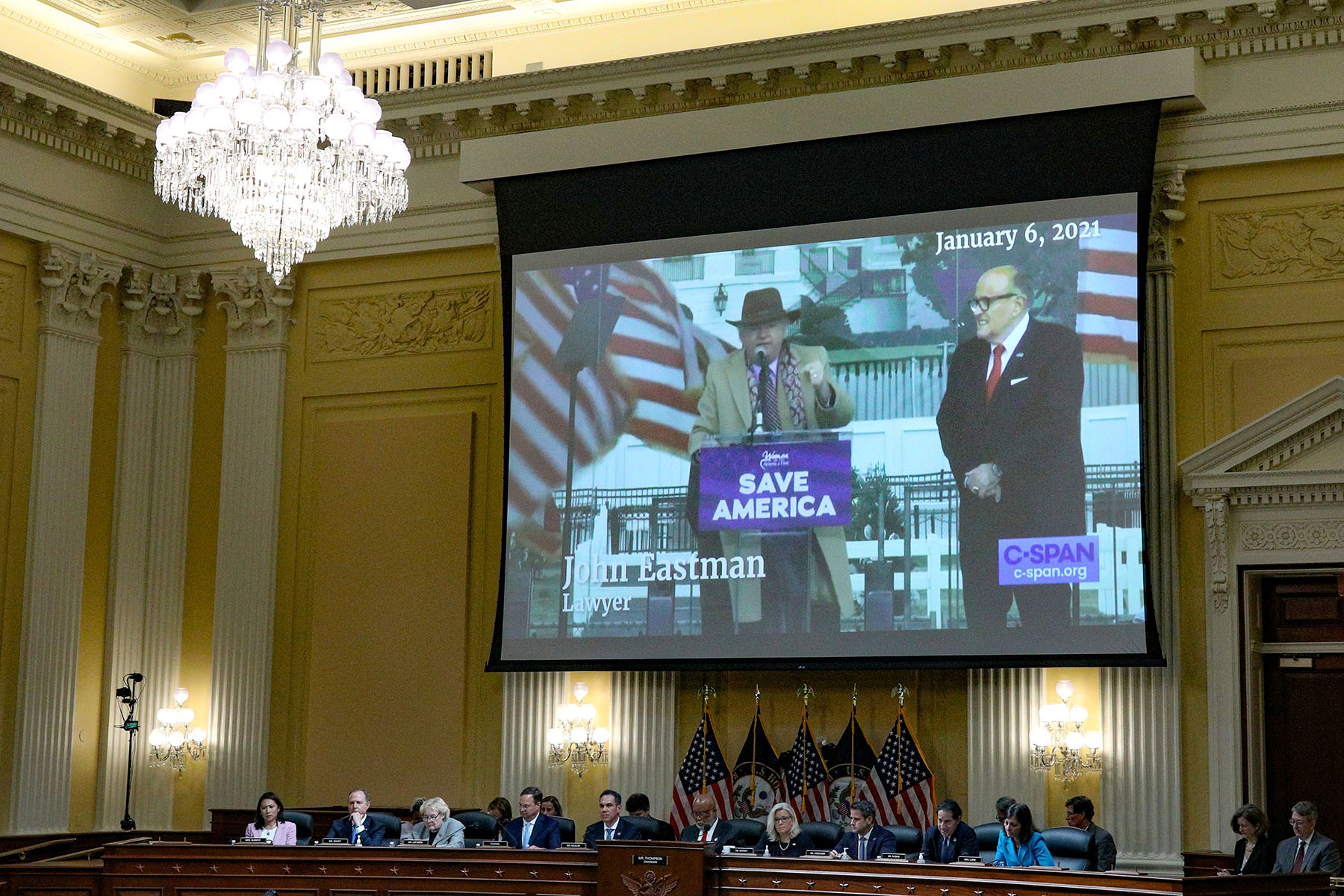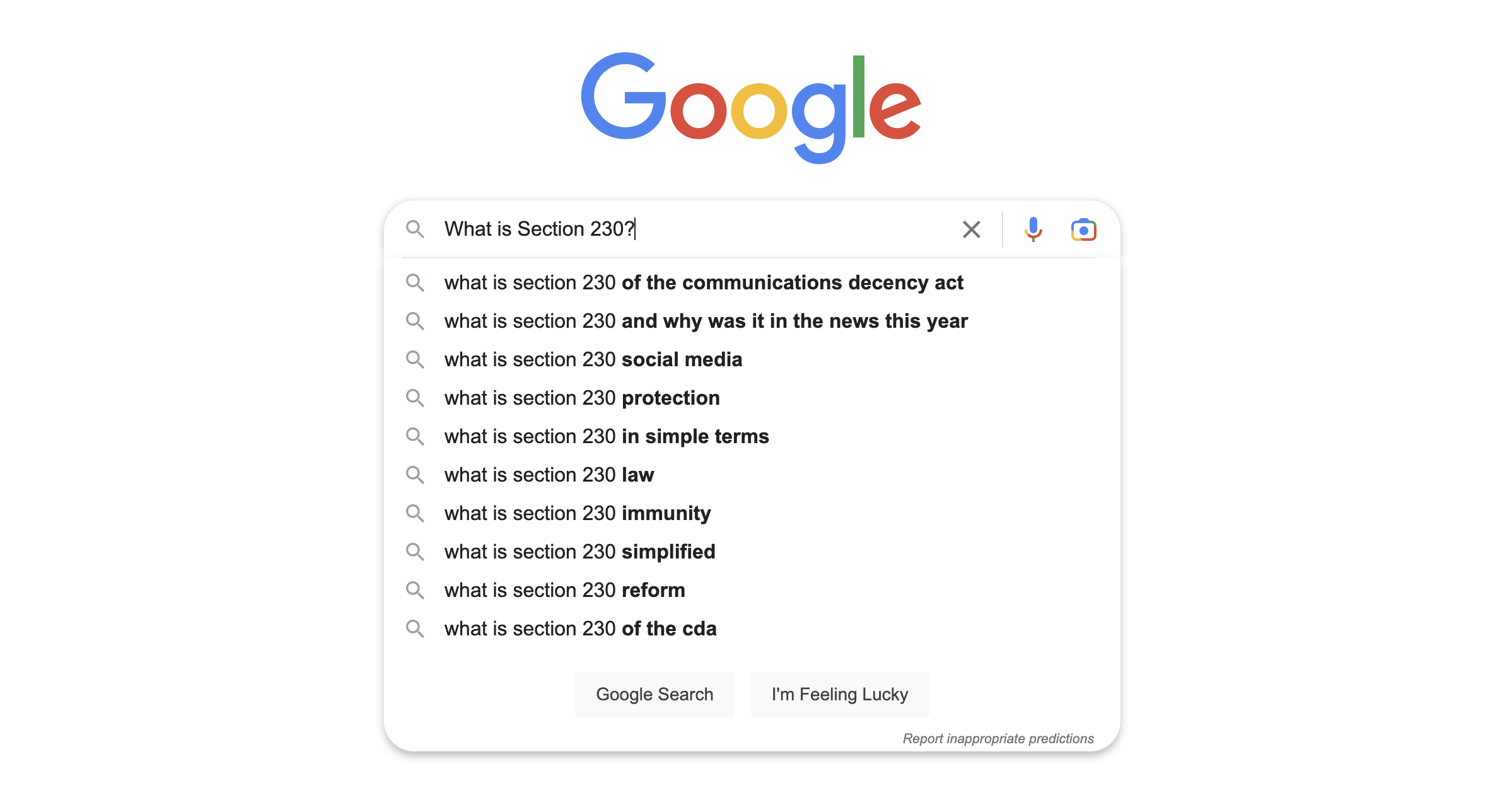By David L. Hudson, Jr.
A federal appeals court has ruled that a Washington state bed-and-breakfast owner has an implied right of action for damages, called a Bivens claim, for a First Amendment violation by federal agents. The decision is significant, as many lower courts have declined to find such an implied right of action for a violation of the First Amendment, leaving some plaintiffs without an effective remedy.
Robert Boule operates a small bed-and-breakfast establishment in Whatcom County in Blaine Washington, near the U.S.-Canada border. Boule has been a paid informant for the United States government and the Border Patrol since 2003, and for Immigration and Customs Enforcement (ICE) since 2008.
In March 2014, Border Patrol agent Erik Egbert stopped Boule in town and asked Boule about his guests. Boule told Egbert about a guest who was flying in from New York who had previously been in Turkey.
Egbert later went to Boule’s inn presumably to monitor this arriving guest. When the guest arrived at the inn, Egbert got out of his vehicle and began to approach the guest’s car. Boule asked Egbert to leave his property, but the two apparently argued, and Egbert shoved Boule against the car. When Egbert asked the guest about his immigration status, Boule called 911. A Border Patrol supervisor and another agent arrived, and determined that the guest was lawfully in the country.
Following the incident, Boule complained to Egbert’s supervisors. Egbert then allegedly contacted the Internal Revenue Service and asked the federal agency to look into Boule’s taxes. This led to an audit, resulting in Boule having to pay $5,000 to an accountant. Additionally, Egbert apparently contacted three other agencies—the Social Security Administration, the Washington State Department of Licensing, and the Whatcom County Assessor’s Office—asking each of them to inquire into Boule’s business.
Boule then sued Egbert in federal district court, alleging a violation of his First Amendment right to free speech and his Fourth Amendment right to be free from unreasonable searches and seizures. The district court granted summary judgment to Egbert, reasoning that the claims were impermissible extensions of Bivens v. Six Unknown Named Agents of Federal Bureau of Narcotics (1971).
Under Bivens, a man was able to sue FBI agents for monetary damages for violating his Fourth Amendment rights when they arrested him without a warrant and probable cause in front of his family, and had used excessive force. Throughout the years, this is known as a “Bivens action” because the action is implied from the constitutional freedom in the Fourth Amendment rather than through a specific statute or law that authorizes the cause of action.
The U.S. Supreme Court has recognized a Bivens claim for damages under the Fifth Amendment in Davis v. Passman (1979) and under the Eighth Amendment in Carlson v. Green (1980). However, the U.S. Supreme Court has never explicitly recognized a Bivens claim for a First Amendment violation. In fact, in Ziglar v. Abbasi (2017), the Supreme Court wrote that “expanding the Bivens remedy is now a disfavored judicial activity.” However, the Court in Ziglar also wrote that it was not foreclosing the possibility of Bivens claims in appropriate circumstances.
Boule appealed to the Ninth Circuit Court of Appeals, which reversed the federal district court in Boule v. Egbert. (The Ninth Circuit originally ruled in November 2020 but issued an amended opinion on May 20, 2021.) The Ninth Circuit reasoned that Boule could pursue Bivens claims under not only the Fourth Amendment but also the First Amendment.
The Ninth Circuit cited the Supreme Court’s decision in Hartman v. Moore (2006), a case in which the Court ruled that a retaliatory arrest claim was not valid because probable cause existed for the prosecution. The Court indicated that if there was not probable cause for the prosecution, a Bivens claim would have been available.
The Ninth Circuit reasoned that “[i]t has long been the law that federal officials violate the First Amendment when they retaliate for protected speech” and “retaliation is a well-established First Amendment claim.”
Part of the calculus for determining whether to find a Bivens claim is whether there are other available remedies. Egbert argued that there were other alternative remedies, such as an intentional tort claim against Egbert under the Federal Torts Claim Act, a trespass claim, or the seeking of injunctive relief. The Ninth Circuit reasoned that none of these three possibilities “defeats a Bivens action.”
The Ninth Circuit concluded that “Bivens remedies are available in the circumstances of this case, where a United States citizen claims that a border patrol agent … violated the First Amendment by engaging in retaliation entirely unconnected to his official duties.”
Again, this decision is significant because without a Bivens action, many plaintiffs suing the federal government or agents of the federal government may be without a remedy. Individuals can sue state or local governments for deprivation of civil rights under 42 U.S.C. Section 1983, but those suing federal government agents for monetary damages may be without an effective remedy.
David L. Hudson, Jr. is an assistant professor of law at Belmont University College of Law, and the author of First Amendment: Freedom of Speech (2012). He is also a legal fellow at First Amendment Watch.
Tags




